
New social sciences faculty bring expertise in depression, African refugees and geospatial technologies
A new fall semester brings a fresh group of social sciences faculty to the USC Dornsife College of Letters, Arts and Sciences, and with them their expertise in subjects like public finance and mood disorders.
Get to know a bit more about our new faculty members’ academic interests as well as what they enjoy doing in their off-hours (plus their dream dining companions).
Augustin Bergeron | Assistant Professor of Economics
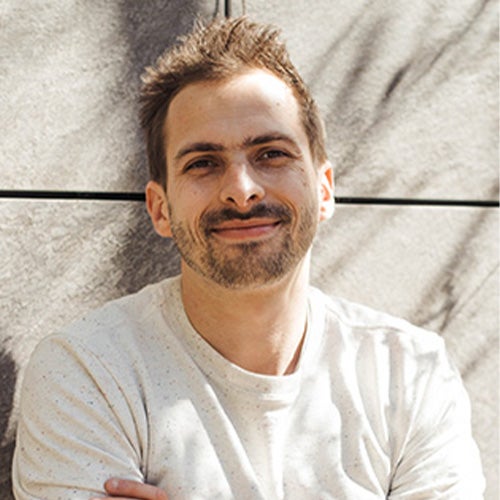
Academic Focus: I am an economist interested in development economics, political economy and public finance. My primary research agenda explores the role of state capacity in development with a focus on taxation. A second agenda studies the origins of social ties (e.g., kinship) and their effects on development. To study these questions, I collect survey data and conduct randomized controlled trials in the Democratic Republic of the Congo.
If you could invite one person to dinner, living or dead, who would you select? What would be on the menu? Nelson Mandela for tapas.
If time-travel was possible, what era would you head to and why? I would travel to the future to learn what tools can be used to further alleviate global poverty.
Read any good books lately? Streets of Gold: America’s Untold Story of Immigrant Success by Leah Boustan and Ran Abramitzky.
Fiori Berhane | Assistant Professor of Anthropology
Academic Focus: I work on African refugees’ political activism in confronting the European migration crisis. I am interested in how those who are disempowered make claims to rights and belonging in hostile environments. Specifically, I work with a group of Eritrean activists in Italy as they confront multiple forms of violence, and in turn, imagine what kinds of future are possible after violence.
Broadly, I look at what kinds of political mobilizations refugees can engage in when the stakes are stacked against them, and how those efforts can create alternative imaginaries of citizenship and belonging.
What are your hobbies? I powerlift with my sister, enjoy time at the beach and watch films.
If you could invite one person to dinner, living or dead, who would you select? What would be on the menu? Angela Davis — we’d probably eat fish.
Read any good books lately? Secolo Nuovo by Fulvia Ferrari, about Italian anarchist witches in San Francisco in the early 20th century.
Iony Ezawa | Assistant Professor of Psychology
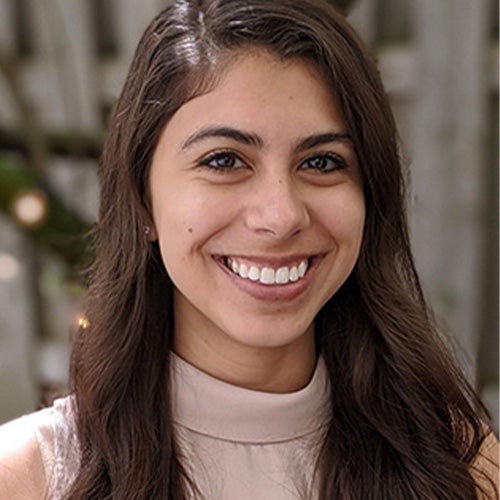
Academic Focus: I am most interested in the treatment of depression. In line with this interest, my research focuses on investigating how psychotherapies (such as cognitive behavioral therapy) for depression achieve their effects and how they can be adapted to meet the needs of different patients. In other words, I am working towards broadening our understanding of “what works” in therapy and “for whom.”
What are your hobbies? When I am not in the lab, I love to hang out with my dog, visit the beach and check out new Los Angeles restaurants.
If you could invite one person to dinner, living or dead, who would you select? What would be on the menu? It’s a tie between Socrates and Freud, and whatever’s on the menu at the University Club [Amy King Dundon-Berchtold University Club of USC].
What food or condiments will we always find in your kitchen? Goya Sazón. (It’s so good.)
Guoping Huang | Associate Professor (Teaching) of Spatial Sciences
Academic Focus: I focus on how to integrate geographic sciences and geospatial technologies into urban and landscape planning so that we can transform our built environment in a more responsible way.
If you could invite one person to dinner, living or dead, who would you select? What would be on the menu?Alexander von Humbolt for some fish tacos from Holbox in Mercado La Paloma on S. Grand Ave.
If time-travel was possible, what era would you head to and why? Probably the Kiang-nan region, or “South of the Yangtze,” during the formative years of Chinese landscape painting in the 16th century. I would like to contribute to the establishment of conservation areas based on their ecological and scenic values.
Read any good books lately? When Breath Becomes Air by Paul Kalanithi.
Nicholas Lambert | Associate Professor of Economics
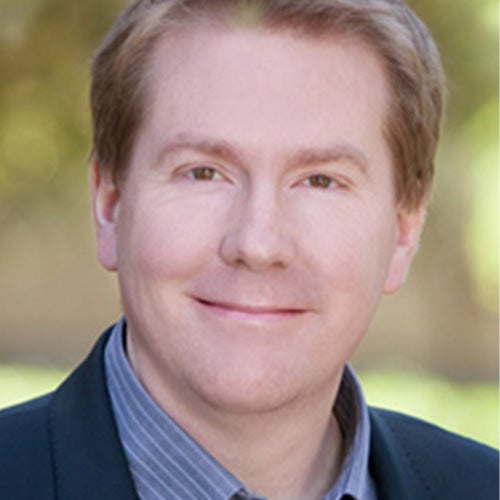
Academic Focus: For the most part, I work on information economics. The goal is to understand how information impacts people’s decisions in various economic environments and how to use information to design economic mechanisms that satisfy desirable properties, such as welfare or revenue maximization.
Tine Paulsen | Assistant Professor of Political Science and International Relations
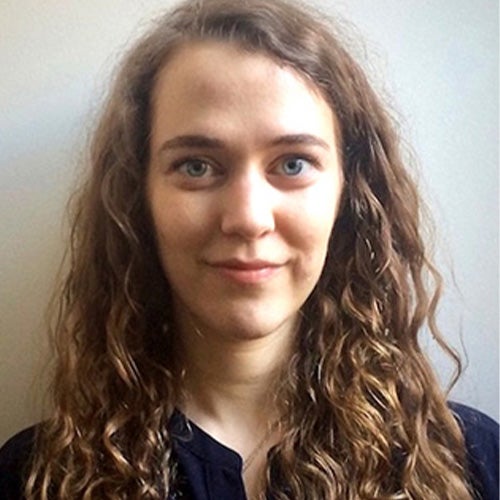
Academic Focus: Why electoral reforms happen and how they affect policy.
What are your hobbies? Baking, hiking and gardening.
If time-travel was possible, what era would you head to and why? Maybe 50 years into the future? Curious about what things will be like then.
Read any good books lately? I just finished The Ensemble by Aja Gabel — highly recommend!
Travis Major | Assistant Professor of Linguistics
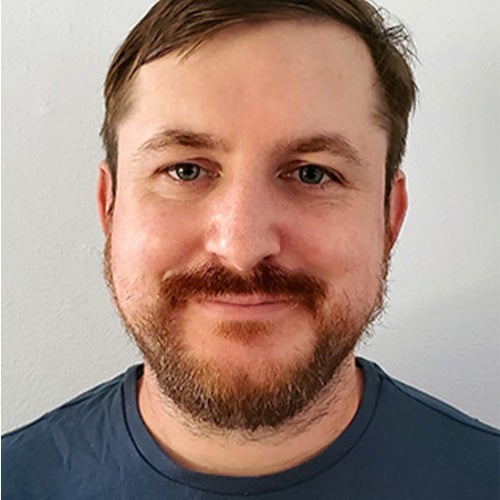
Academic Focus: I am both a theoretical syntactician [specialist in grammar and syntax] and a fieldworker. My research aims to develop a better understanding of human language by carefully investigating understudied and endangered languages. From a theoretical perspective, I am interested in modeling the relationship between morphosyntax (word and sentence structure), semantics (meaning) and phonology (sounds).
My work is predominantly focused on Turkic (Uyghur, Tatar and Turkish) and Niger-Congo (Avatime, Ibibio and Lubukusu), where I work with speakers both in situ and ex situ. Discoveries made during the investigation of understudied languages often leads me to a deeper understanding of my own native language — English!
If time-travel was possible, what era would you head to and why? 5th century, Central Asia, to document the Hunnic language.
Read any good books lately? The Wild Shore by Kim Stanley Robinson.
If you could invite one person to dinner, living or dead, who would you select? What would be on the menu? Tough choice, Kwame Nkrumah? Probably something with banku.
Bruna Martins-Klein | Assistant Professor of Psychology
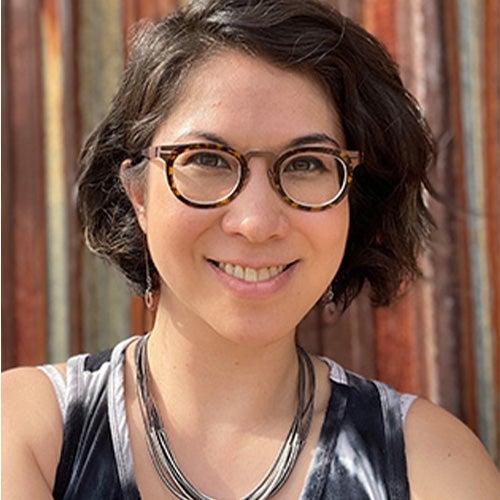
Academic Focus: My research explores cognitive strategies and brain mechanisms that promote mood and emotion regulation across the lifespan. I am currently interested in how life experience, creativity and mindfulness may promote greater integration across brain networks, increasing cognitive flexibility and improving regulation of distress.
My lab answers these questions by integrating across multiple methods including neuroimaging, eye-tracking, heart rate variability and self-report measures. The ultimate goal is to use this understanding to develop interventions that target mood disorders and promote cognitive functioning in clinical populations.
If you could invite one person to dinner, living or dead, who would you select? What would be on the menu? I would invite Audre Lorde (and some of her time-traveling friends as well to make it a dinner party) and serve up some Brazilian feijoada (black bean stew), rice, farofa and greens with malageta pepper sauce.
Read any good books lately? Catch and Release by Lisa Jean Moore. Capitalism! Exploitation! Carapaces! Sociologist’s view into the magical world of … horseshoe crabs! Why should we care? 1- Color-changing blood that indicates when something is sterile. 2- They procreate in circles holding onto one another’s backs. I’ve been raving about this since the start of the pandemic. A must-read, and I am not into nature books — the drama of it all is the draw here.
What food or condiments will we always find in your kitchen? Splenda and giant bottles of lime juice. Limeade every day.
Payam Piray | Assistant Professor of Psychology
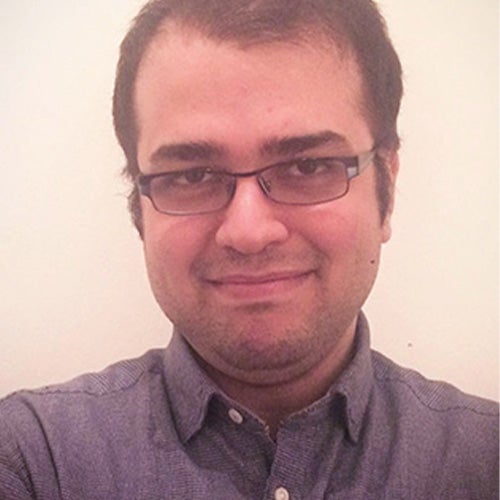
Academic Focus: How do humans make decisions in an uncertain world and how do they learn from their mistakes? How does the brain make sense of incomplete and noisy observations? I investigate these problems in health and disease using tools from neuroscience and machine learning.
What are your hobbies? Cooking, reading, watching movies and hiking.
If time-travel was possible, what era would you head to and why? I would travel to the future, just 100 years later or so.
Read any good books lately? I read The Gene: An Intimate History by Siddhartha Mukherjee recently and it was really good. The book is a history of biology.
Yi Qi | Associate Professor (Teaching) of Spatial Sciences
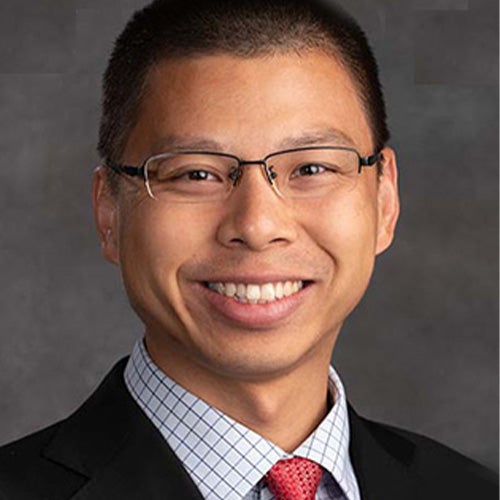
Academic Focus: My research integrates remote sensing, geographic information systems and spatial data science in ecological monitoring, environmental studies and natural resource management. I focus on satellite and airborne remote sensing, computational models, field work and AI to address how climate and human practices affect crop productivity and ecosystem functioning.
Robert Werth | Associate Professor (Teaching) of Sociology
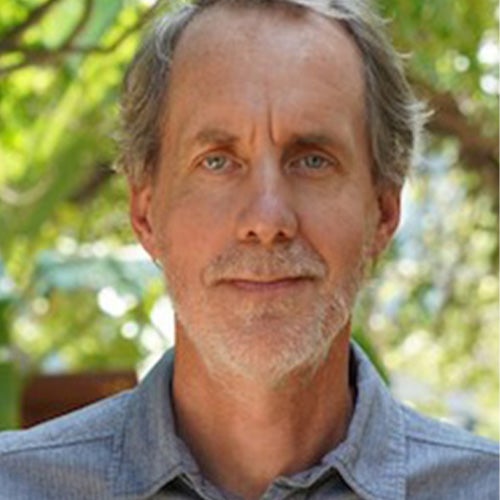
Academic Focus: Broadly, my areas of interest are crime, punishment and law. More specifically, I focus on alternatives to prison and what happens after imprisonment. Within this focus, I am particularly interested in: (1) how “offenders” are perceived by correctional personnel; (2) the role played by technology (such as risk assessment algorithms and electronic monitoring); and (3) how individuals being punished experience and navigate the carceral continuum.
If time-travel was possible, what era would you head to and why? Maybe the late 1960’s — because of the wave of global protests and activism, the student movements and also to listen to some great live jazz.
Read any good books lately? The Invention of the Underclass by Loic Wacquant and The Day of the Locust by Nathanel West.
What food or condiments will we always find in your kitchen? Olive oil, salt, limes.
Learn about other faculty who joined USC Dornsife this fall >>